How Heart Disease Affects Your Body

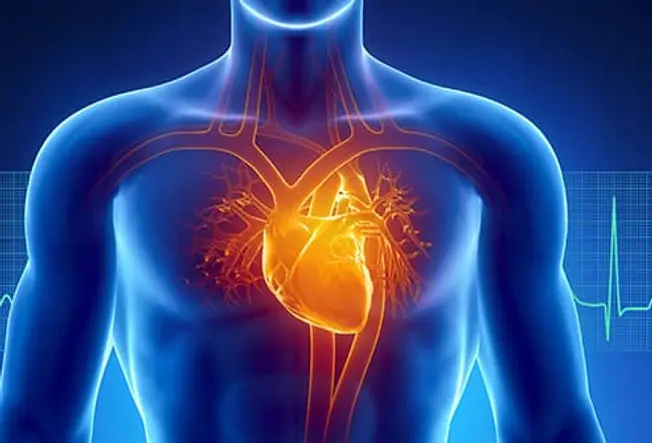
What Is It?
From clogged arteries to infections, heart disease covers a lot of ground. It’s not just one thing, but a group of conditions that affect your heart and body in different ways. It can lead to problems like heart attacks and strokes, and it’s the most common cause of death for both men and women in the United States.
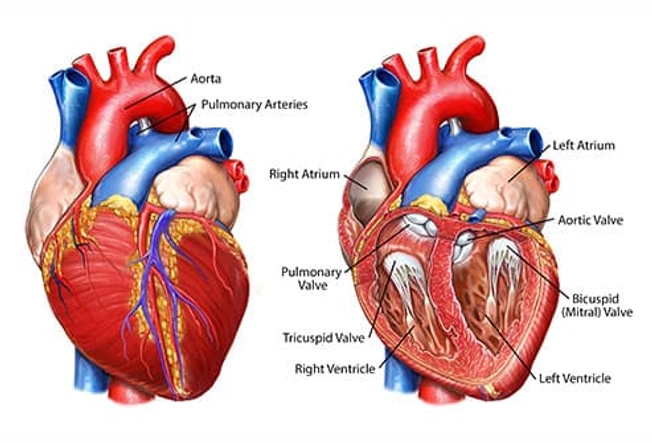
How Your Heart Works
Your heart has four chambers -- two up top called atria, and two below called ventricles. Oxygen-rich blood from your lungs flows to the left atrium, then to the left ventricle, which pumps it out to your body. Blood returns to the right atrium, then the right ventricle, which sends it back to your lungs for oxygen. Four valves act like one-way doors to guide the blood through your heart. And round it goes -- unless you have heart disease.
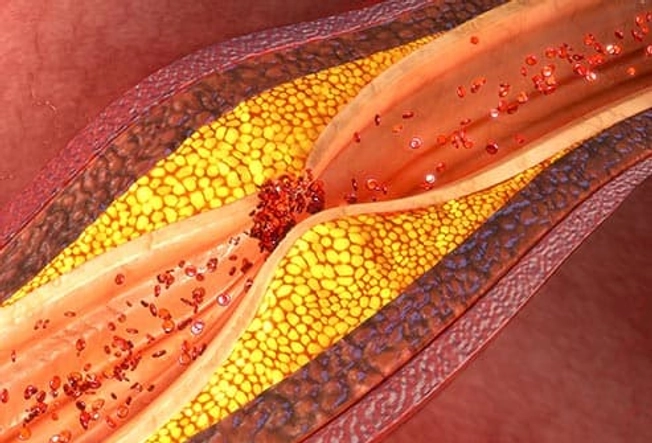
Coronary Heart Disease (CHD)
Also called coronary artery disease, CHD is the most common type of heart disease in the U.S. When you have it, a waxy substance called plaque builds up in your heart’s arteries. You won’t know it’s there at first, but over time, it narrows your arteries, like a clog in a pipe. That limits the blood flow to your heart muscle.
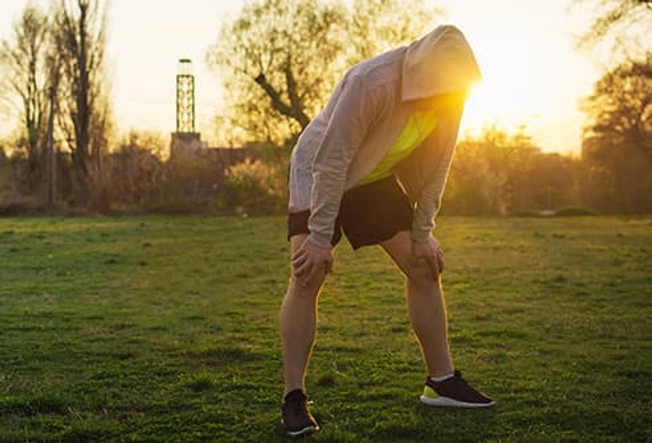
Effects of CHD
With less blood flow, your heart doesn’t get the oxygen it needs, and that can cause chest pain, called angina, especially when you exercise or do heavy labor. It also can affect how well your heart pumps and make the rest of your body short on oxygen, too. Without it, your cells won’t work as well as they should, and you may be short of breath or feel more tired than usual. If plaque breaks off and totally blocks an artery, you have a heart attack.
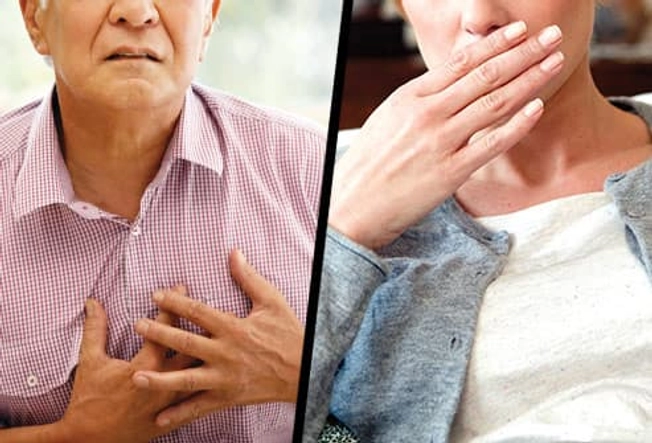
CHD in Women vs. Men
CHD can affect women and men differently. Men are more likely to have intense chest pain. Women may get tightness or pressure in the chest, but they also might just feel uncomfortable, like when a meal doesn’t sit right. They’re more likely to be very tired often and have shortness of breath and nausea. These differences may be because women tend to get blockages in the heart’s smaller arteries.
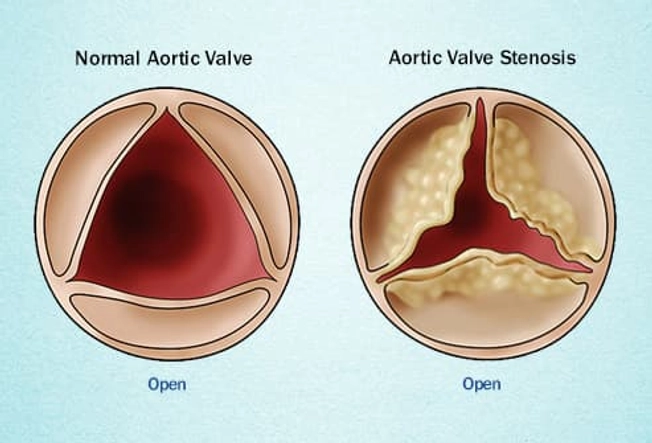
Heart Valve Disease
The valves that guide your blood through your heart are flaps that open and close with each heartbeat. This is what makes the lub-DUB sound of your heart. Three different problems can affect your heart valves:
- Atresia: There’s no opening in the valve, so blood can’t flow.
- Backflow: The valve lets blood go backward instead of forward.
- Stenosis: The flaps get thick or stiff, or join together, and less blood gets through.
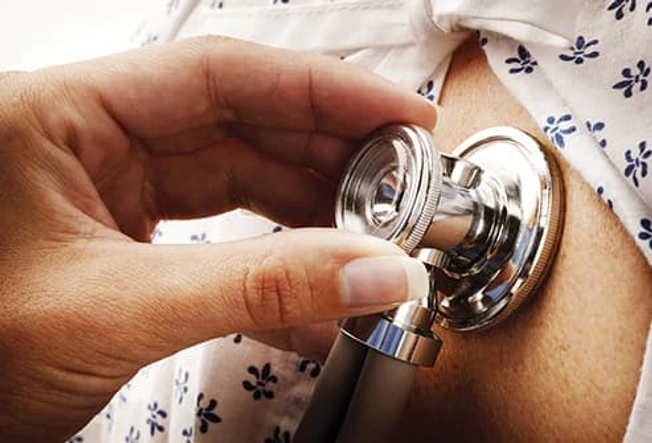
Effects of Heart Valve Disease
Some people have no signs for years, while others get them all of a sudden. Either way, they often get worse. The main symptom is a murmur -- a whooshing or swishing sound between heartbeats. Valve problems can make your heart work harder and cause blood flow problems, so you may:
- Be more tired than usual
- Have shortness of breath
- Have swelling in your legs, feet, ankles, or belly (if your body can’t get blood back to your heart like it should)
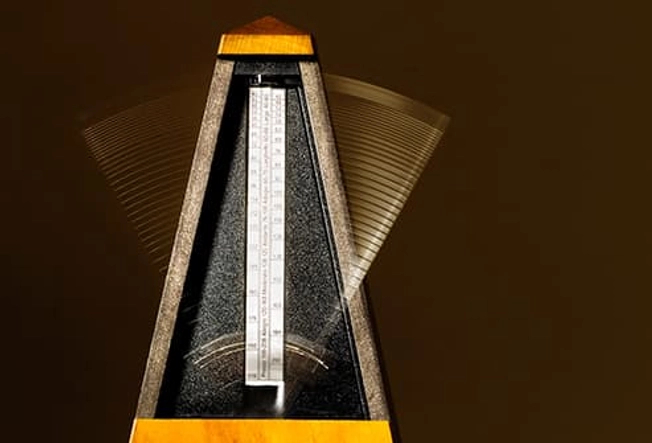
Arrhythmia
You may have had the feeling where your heart flutters or skips a beat. That’s caused by a change in your heart’s rhythm -- called arrhythmia -- and it’s usually harmless. Your heartbeat is controlled by short bursts of electricity, and a minor change in those bursts typically isn’t a problem. But more serious arrhythmia can keep your heart from doing its job the way it should and cause serious problems.
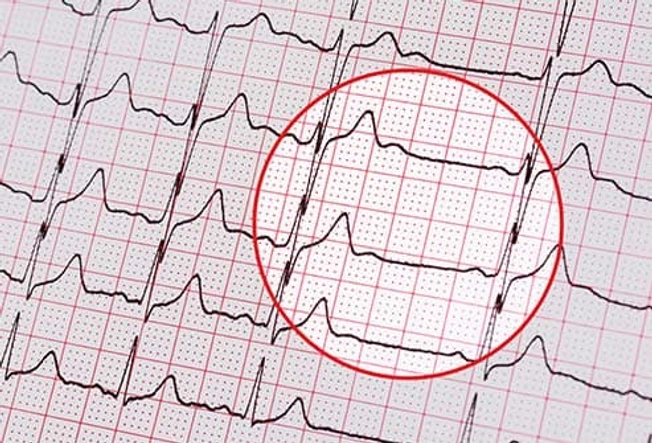
When Your Heart Loses Its Rhythm
If those electrical bursts really get knocked off course, you feel it -- your heart may start to race or beat slower than normal. That means your organs and muscles may not get enough oxygen -- you could have chest pain and feel lightheaded, and you might even faint. If the rhythm gets totally out of whack, your heart gets like gelatin: It quivers and can’t pump at all. This is called fibrillation, and it can be life-threatening.
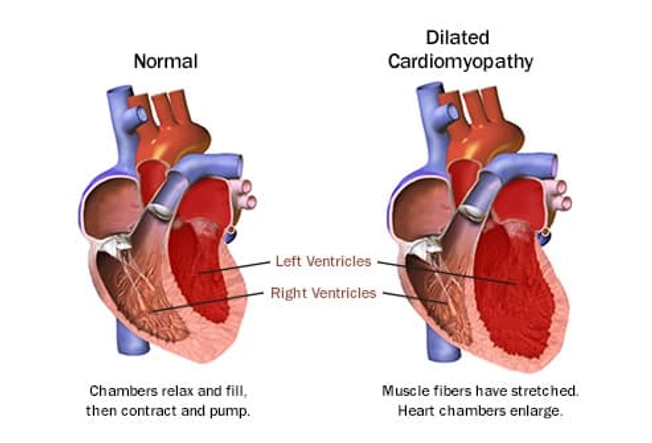
Cardiomyopathy
This is a group of diseases that make your heart muscle thick, stiff, or larger than usual. Over time, your heart can get weaker, and it’s harder for it to pump blood and keep its regular rhythm. The most common type is called dilated cardiomyopathy, and it happens in the left ventricle. As it gets worse, the ventricle can’t pump very well, and blood starts to collect in your heart.
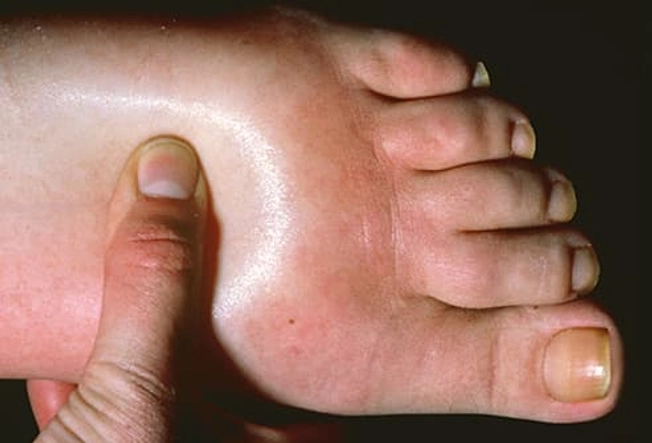
Effects of Cardiomyopathy
As heart muscle thickens, it can limit blood flow, so you end up short on oxygen. That can cause problems like dizziness, fainting, and shortness of breath. Your heart’s rhythm also might get thrown off, and your heart might flutter, pound, or start racing. Your kidneys may react to lower amounts of blood by holding on to more water and salt than usual, and that can lead to swelling in your legs, ankles, feet, and organs.
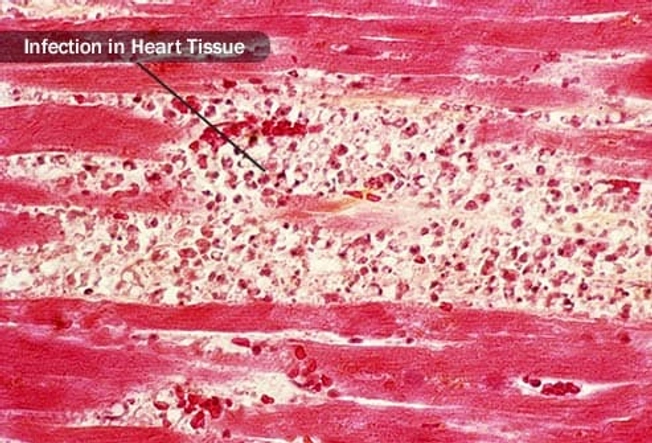
Heart Infections
As in other parts of your body, germs like bacteria or viruses can cause an infection in your heart, and this is considered a type of heart disease. Sometimes, infections come on slowly; other times, quickly. Some go away on their own, while others can be life-threatening if they’re not treated.
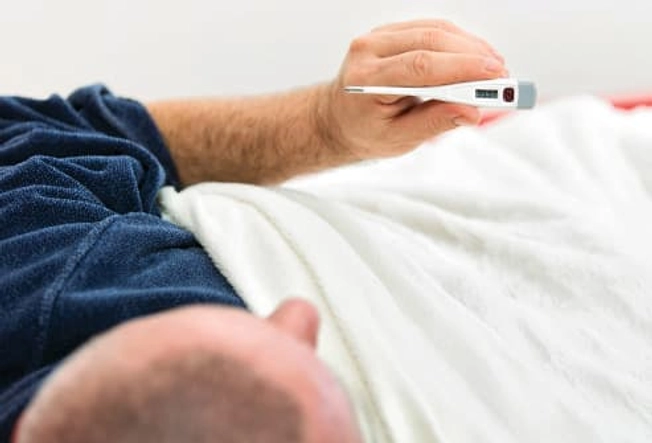
Heart Infection Symptoms
These depend on where the infection is. If it’s in the sac around your heart, you may have swelling that causes chest pain. If you have a replacement heart valve and it gets infected, germs can build up around the area and break off, causing problems with other organs in your body. You may notice some symptoms you get with other kinds of infections and feel the effects of strain on your heart, like:
- Changes in heart rhythm
- Fever
- Shortness of breath
- Tiredness
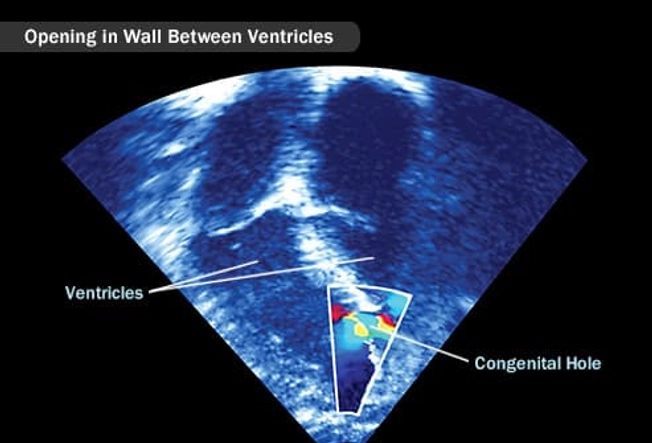
Congenital Heart Defects
These are heart defects you’re born with, and they affect how blood flows through your heart. They happen when the walls, valves, or blood vessels don’t develop the right way before you’re born. Some problems, like a hole in a heart chamber, have easy fixes or don’t need treatment at all. Others, like a missing valve, may need long-term care.
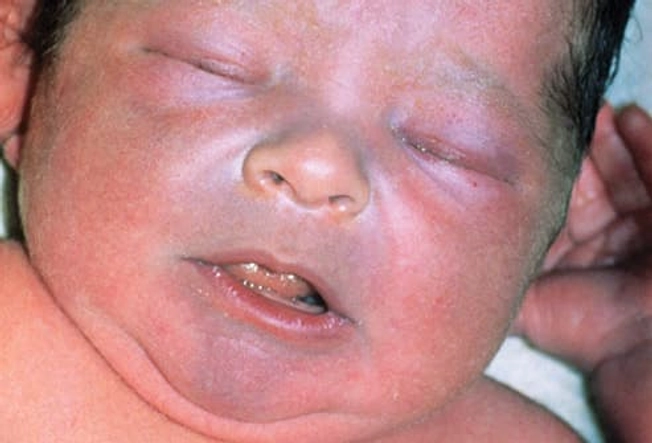
How Heart Defects Affect Your Body
They don’t usually cause pain, but without regular blood flow, your body doesn’t get the oxygen it needs. That may lead to bluish skin, shortness of breath, and feeling tired. Defects often make your heart work harder, which can cause heart failure -- when your heart’s too weak to pump blood the way it should. That can cause problems like arrhythmia, trouble breathing, and fluid in your lungs.